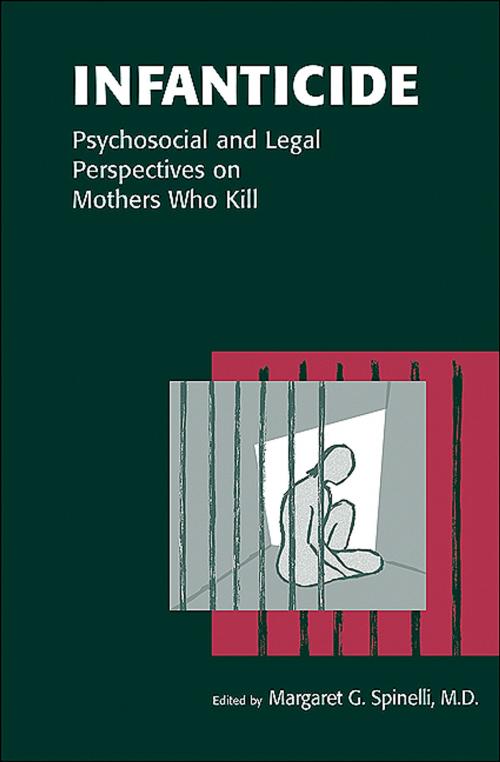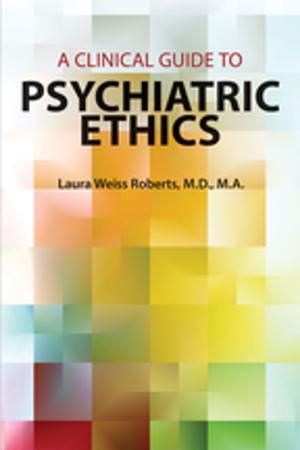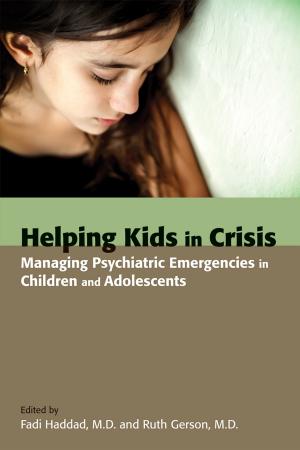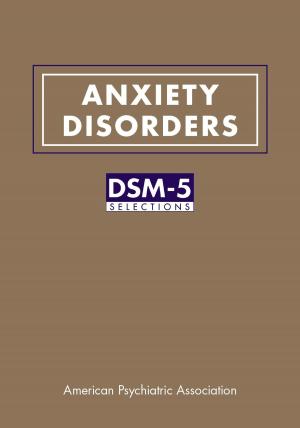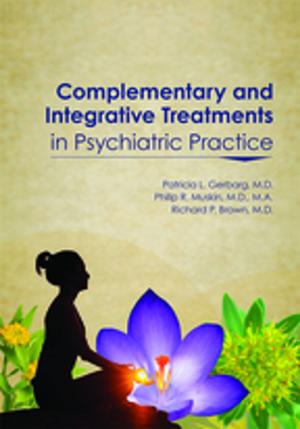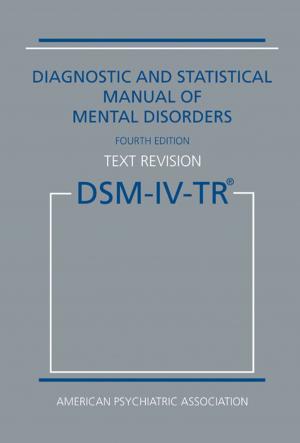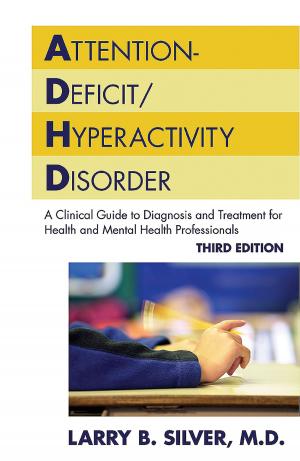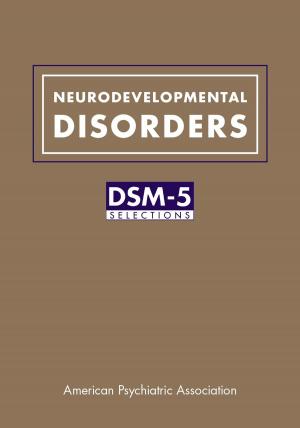Infanticide
Psychosocial and Legal Perspectives on Mothers Who Kill
Nonfiction, Health & Well Being, Medical, Specialties, Psychiatry| Author: | ISBN: | 9781585627547 | |
| Publisher: | American Psychiatric Publishing | Publication: | August 13, 2008 |
| Imprint: | American Psychiatric Association Publishing | Language: | English |
| Author: | |
| ISBN: | 9781585627547 |
| Publisher: | American Psychiatric Publishing |
| Publication: | August 13, 2008 |
| Imprint: | American Psychiatric Association Publishing |
| Language: | English |
Maternal infanticide, or the murder of a child in its first year of life by its mother, elicits sorrow, anger, horror, and outrage. But the perpetrator is often a victim, too.
The editor of this revealing work asks us to reach beyond rage, stretch the limits of compassion, and enter the minds of mothers who kill their babies -- with the hope that advancing the knowledge base and stimulating inquiry in this neglected area of maternal-infant research will save young lives. Written to help remedy today's dearth of up-to-date, research-based literature, this unique volume brings together a multidisciplinary group of 17 experts -- scholars, clinicians, researchers, clinical and forensic psychiatrists, pediatric psychoanalysts, attorneys, and an epidemiologist -- who focus on the psychiatric perspective of this tragic cause of infant death.
This comprehensive, practical work is organized into four parts for easy reference: Part I presents historical and epidemiological data, including a compelling discussion of the contrasting legal views of infanticide in the United States, United Kingdom, and other Western countries, a review of the latest statistics on maternal infanticide, and a discussion of the problems of underreporting and the lack of available documentation. Part II covers the psychiatric, psychological, cultural, and biological underpinnings of infanticide, detailing how to identify, evaluate, and treat postpartum psychiatric disorders. The authors explore clinical diagnosis, symptom recognition, risk factors, biological precipitants, and alternative motives, such as cultural infanticide. Chapter 3, developed to assist the attorney or mental health professional in understanding the implications of postpartum psychiatric illness as they relate to infanticide, presents a sensitive and thorough inquiry into infanticidal ideation. Part III focuses on contemporary legislation, criminal defenses, and disparate treatment in U.S. law and compares U.S. law with the U.K.'s model of probation and treatment. Chapter 8 is an especially useful resource for the attorney or expert psychiatric witness preparing for an infanticide/neonaticide case in the criminal court system. Part IV discusses clinical experience with mothers as perpetrators and countertransference in therapy, the range of mother-infant interactions (from healthy to pathological), and methods of early intervention and prevention.
This balanced perspective on a highly emotional issue will find a wide audience among psychiatric and medical professionals (child, clinical, and forensic psychiatrists and psychologists; social workers; obstetricians/gynecologists and midwives; nurses; and pediatricians), legal professionals (judges, attorneys, law students), public health professionals, and interested laypersons.
Maternal infanticide, or the murder of a child in its first year of life by its mother, elicits sorrow, anger, horror, and outrage. But the perpetrator is often a victim, too.
The editor of this revealing work asks us to reach beyond rage, stretch the limits of compassion, and enter the minds of mothers who kill their babies -- with the hope that advancing the knowledge base and stimulating inquiry in this neglected area of maternal-infant research will save young lives. Written to help remedy today's dearth of up-to-date, research-based literature, this unique volume brings together a multidisciplinary group of 17 experts -- scholars, clinicians, researchers, clinical and forensic psychiatrists, pediatric psychoanalysts, attorneys, and an epidemiologist -- who focus on the psychiatric perspective of this tragic cause of infant death.
This comprehensive, practical work is organized into four parts for easy reference: Part I presents historical and epidemiological data, including a compelling discussion of the contrasting legal views of infanticide in the United States, United Kingdom, and other Western countries, a review of the latest statistics on maternal infanticide, and a discussion of the problems of underreporting and the lack of available documentation. Part II covers the psychiatric, psychological, cultural, and biological underpinnings of infanticide, detailing how to identify, evaluate, and treat postpartum psychiatric disorders. The authors explore clinical diagnosis, symptom recognition, risk factors, biological precipitants, and alternative motives, such as cultural infanticide. Chapter 3, developed to assist the attorney or mental health professional in understanding the implications of postpartum psychiatric illness as they relate to infanticide, presents a sensitive and thorough inquiry into infanticidal ideation. Part III focuses on contemporary legislation, criminal defenses, and disparate treatment in U.S. law and compares U.S. law with the U.K.'s model of probation and treatment. Chapter 8 is an especially useful resource for the attorney or expert psychiatric witness preparing for an infanticide/neonaticide case in the criminal court system. Part IV discusses clinical experience with mothers as perpetrators and countertransference in therapy, the range of mother-infant interactions (from healthy to pathological), and methods of early intervention and prevention.
This balanced perspective on a highly emotional issue will find a wide audience among psychiatric and medical professionals (child, clinical, and forensic psychiatrists and psychologists; social workers; obstetricians/gynecologists and midwives; nurses; and pediatricians), legal professionals (judges, attorneys, law students), public health professionals, and interested laypersons.
